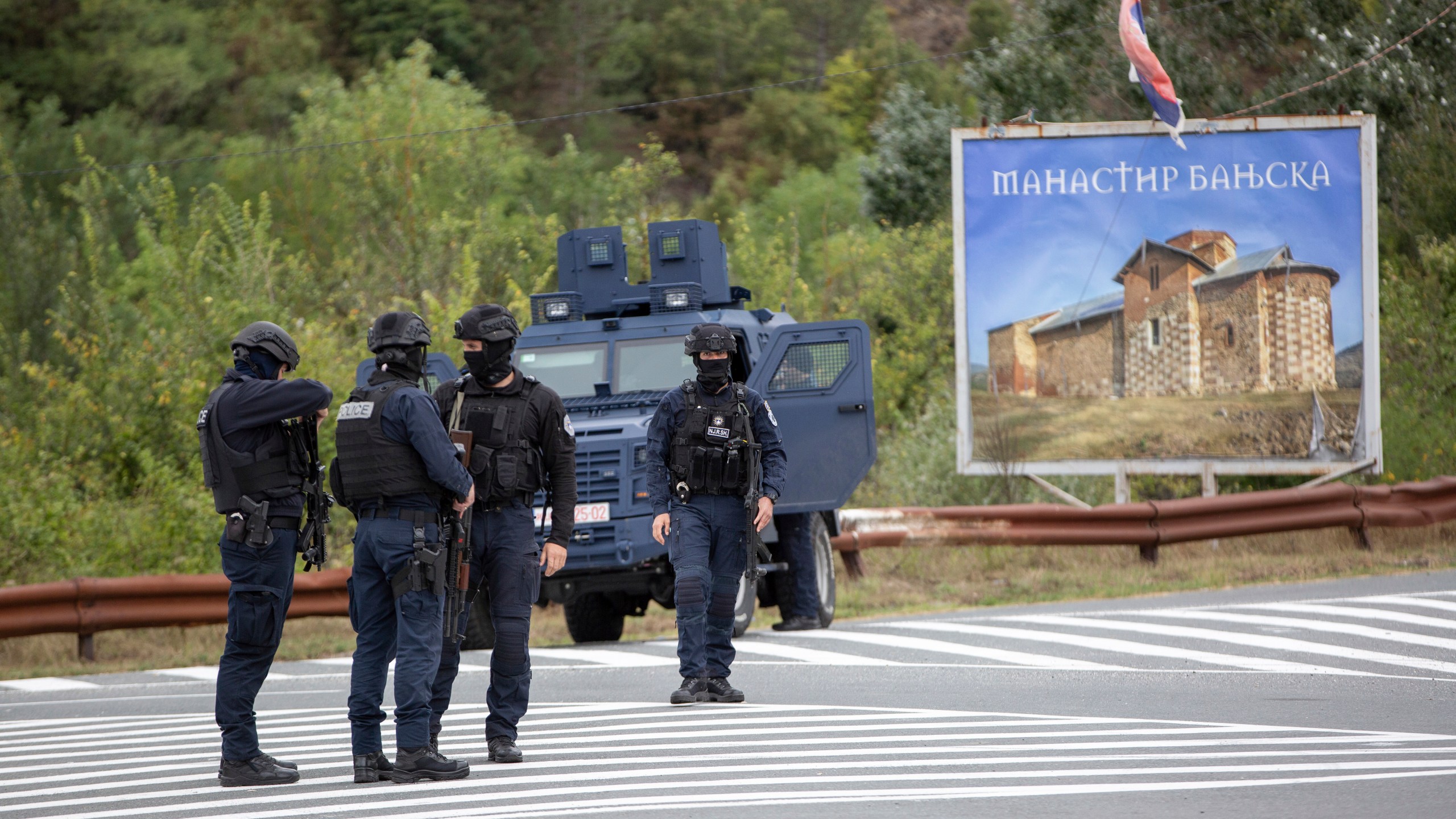Disinformation and false news are not solely confined to the realm of media; they also present a significant security concern. The propagation of disinformation has the potential to destabilize countries in the Western Balkans and erode trust in democratic institutions, thereby impeding the realization of pivotal strategic goals for nations, Albania included.
This is the overarching conclusion of the recent analysis titled “Geopolitical Perspective of Disinformation Flow in the Western Balkans,” which is published as part of the “Western Balkans Anti-Disinformation Centre” project, in which Faktoje is also a participant.
The analysis emphasizes the link between detrimental foreign influences and domestic actors who employ disinformation narratives to destabilize the region and impede Euro-Atlantic integration.
The collection, analysis, and integration of data from the six organizations in the Western Balkans have shown that the disinformation network in the region is predominantly originating from Russia, which spreads its narrative in Serbia. The latter subsequently functions as a “distribution hub” for other countries in the Western Balkans that use the Serbian language.
Drawing from the analysis of processing 2,000 fabricated news articles or various forms of disinformation originating from six Balkan nations, it becomes apparent that the Western Balkans region continues to be a battleground for strategic rivalry among major global players, owing to the lingering uncertainty surrounding Euro-Atlantic integration. This progression is hindered by gradual reform measures and obstacles fuelled by detrimental external influences, propped up by their anti-democratic accomplices within the Balkan states.
“The internet facilitates the dissemination of disinformation and propaganda to a broad audience, influencing the perceptions and opinions of millions of people at minimal expense and in a short span of time. This carries the potential for a significant geopolitical impact, detrimental to the strategic interests of Balkan countries. It is concerning that this phenomenon, stemming from media-related matters, evolves into a security issue, with the potential to exacerbate the already delicate situation in the Balkans,” asserts Irena Vishinska, a geopolitical analyst, and the author of the analysis.
“The Western Balkans region becomes even more captivating due to its close proximity to the EU, making it increasingly attractive to countries such as Russia, China, Turkey, Iran, and Gulf nations. The Balkans serve as a gateway to access the European market, which comprises nearly 800 million inhabitants,” assesses Vishinska.
In the analysis encompassing North Macedonia, Albania, Bosnia and Herzegovina, Kosovo, Serbia, and Montenegro, a key emphasis is placed on the necessity for the regional countries to bolster their collaboration with the EU and NATO, leveraging their expertise to formulate robust strategies for resilience and proactive countermeasures against detrimental foreign influences.
Filip Stojanovski, Director for Partnerships and Resource Development at the “Metamorphosis” Foundation, emphasized that the publication encapsulates a wealth of information about the six Western Balkan countries, owing to the profound importance of the local context.
“The analysis also sheds light on additional foreign influences, which may not always manifest through the dissemination of disinformation. At times, this takes the form of ‘soft power,’ wherein economic, cultural, or ideological matters linked to foreign geopolitical interests are advocated. Such established geopolitical stances aligned with authoritarian regimes possess the potential to transform into origins of disinformation. An instance of this can be observed in the disparities between Chinese influences across the region and in the country.”
“The focus of Chinese influence in the region is primarily on promoting China as an economic powerhouse and showcasing the efficiency of their authoritarian communist system,” states Stojanovski.
In addition, another external actor seeking influence, particularly in Albania, is Iran, along with the influence of Turkey and other Middle Eastern countries, as emphasized in the analysis.
geopolitical_perspective_of_disinformation_flows_in_the_western-balkans_2022-6 (1)*The publication “Geopolitical Perspective of Disinformation Flows in the Western Balkans” was released as a part of the regional project “Anti-Disinformation Centre in the Western Balkans,” with support from the Kingdom of the Netherlands.







